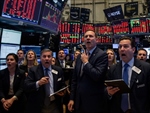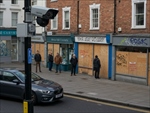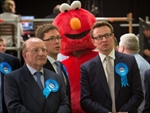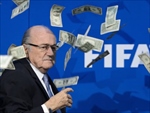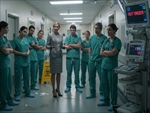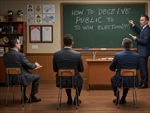#transport
Public Transport: The Ultimate Test of Patience
#transport
Public Transport: The Ultimate Test of Patience
Public transport is the government's charming way of simulating medieval punishment in a modern setting — a rolling tribute to inconvenience, body odour, and broken dreams. Every journey is a daily game of "Will I be late, or very late?" where your grand prize is the chance to stand next to a man eating boiled eggs directly out of his coat pocket like he's storing snacks for the apocalypse. The seats are either mysteriously damp or scientifically sticky, coated in a substance that should probably be studied in a lab, and the air smells like a rich blend of disappointment, expired sandwiches, and that one guy’s regrettable choice in cologne. Meanwhile, officials insist everything is “on track,” which is hilariously ironic considering the train hasn’t shown up in 25 minutes and the digital sign just reads “SORRY.” But this isn’t just a commute — oh no — it’s a test of endurance, personal hygiene, and your will to live, wrapped in the ambient scream of squeaky brakes and existential dread.
London Tube Fares Soar by 7%: Mayor Johnson Defends Above-Inflation Rise Amid Public Outcry
- Wednesday, 14 September 2011

London's transport network will see an average 7% fare increase from January 2012 to maintain investment. The rise is above inflation (currently at 5%), with some services increasing by more or less than 7%. Fares include a 10p increase for Oyster pay-as-you-go bus fares to £1.40, and Tube fare increases of between 10p and 30p, as well as cash fares rising by 30p to 40p. London Travelcard season ticket prices will also rise by 8%. The Mayor, Boris Johnson, cited the need to balance current passengers' needs with continued investment in the transport system, while critics such as Ken Livingstone and Caroline Pidgeon argued that the rises were unjustified and would disproportionately affect those struggling financially.
